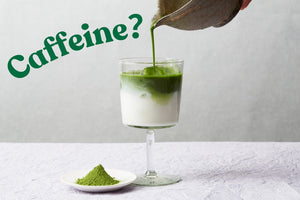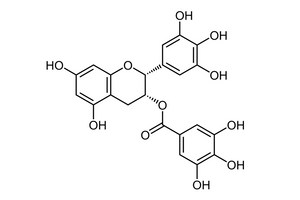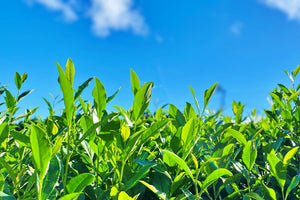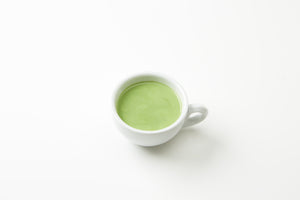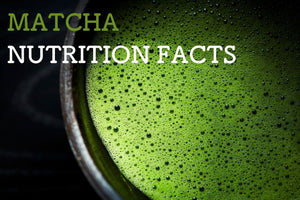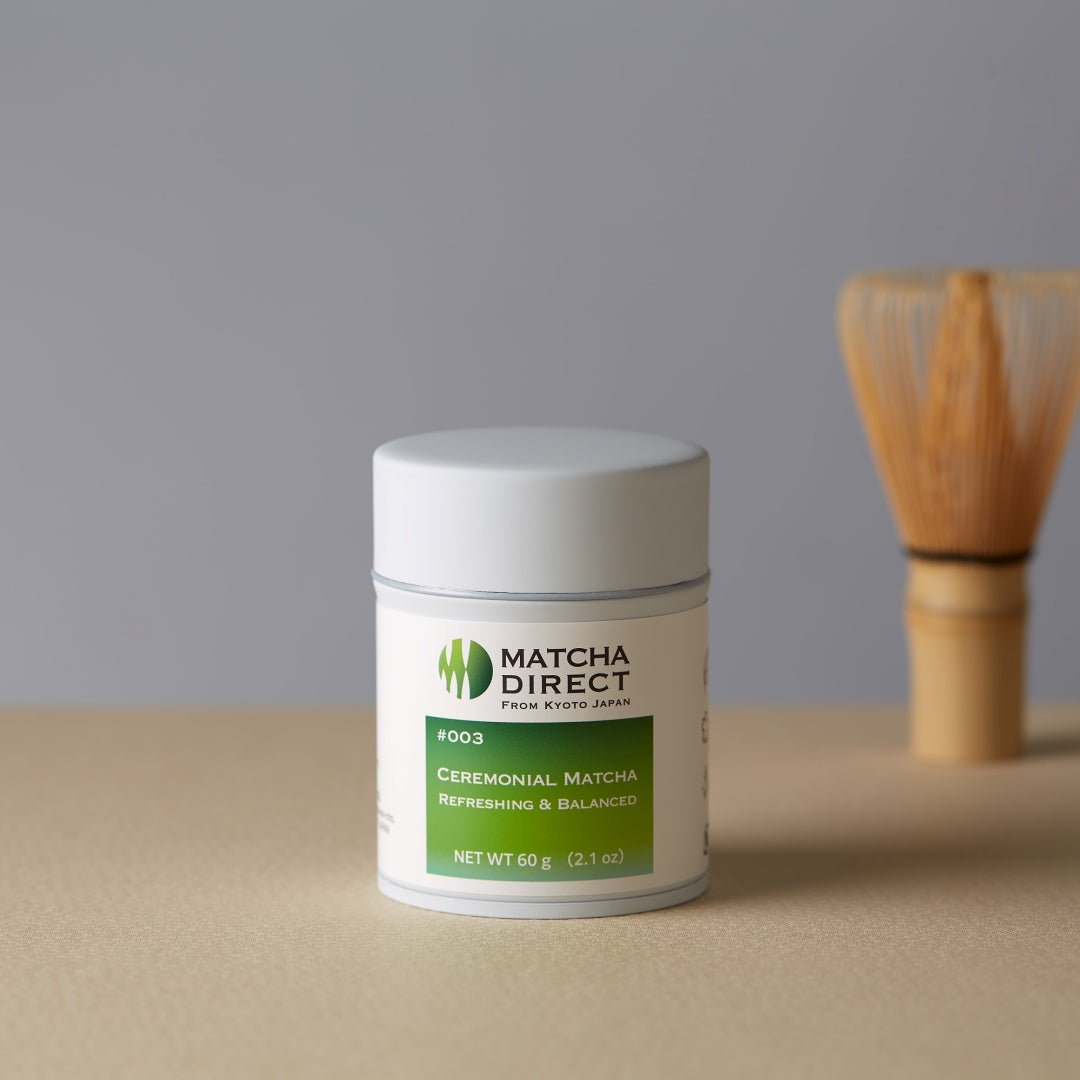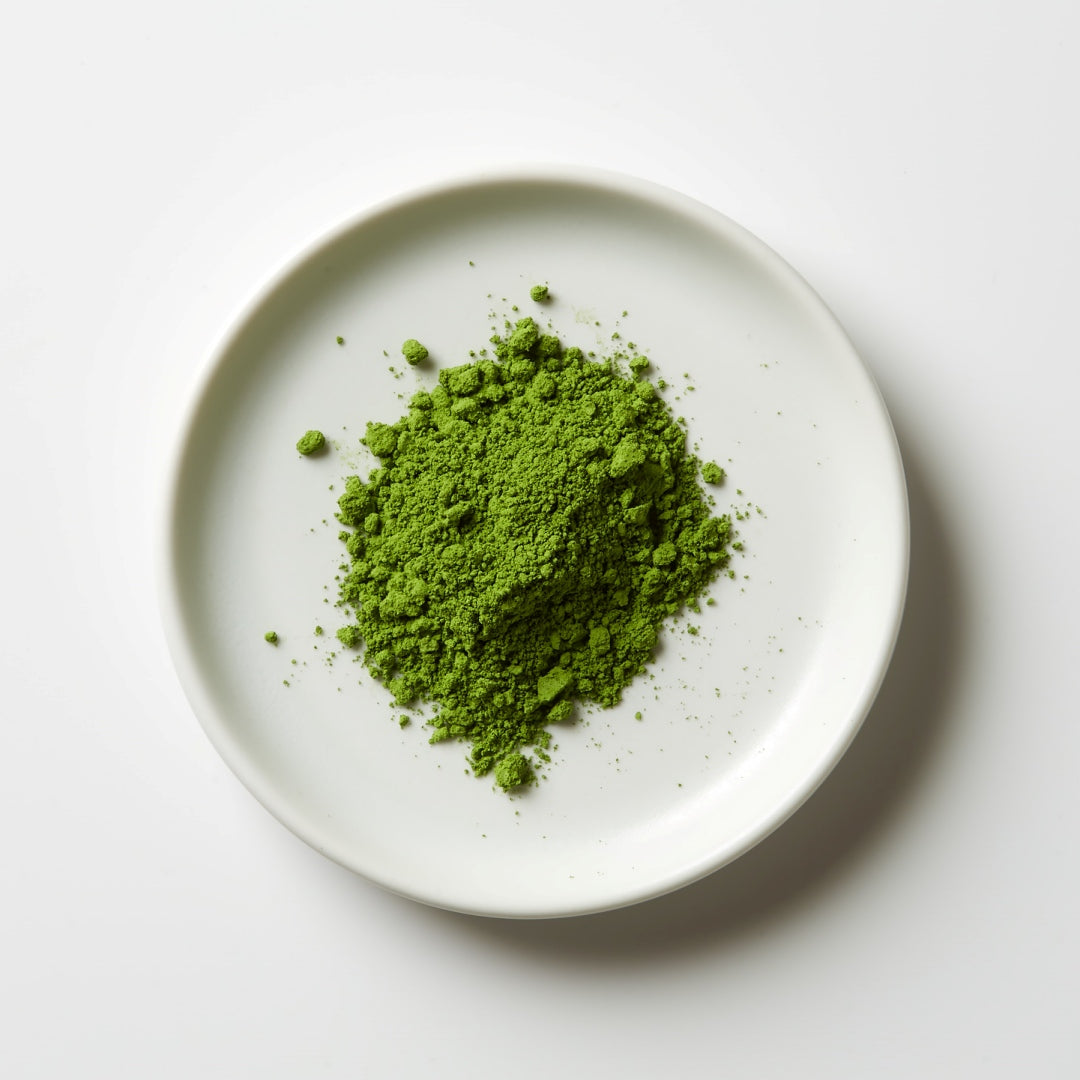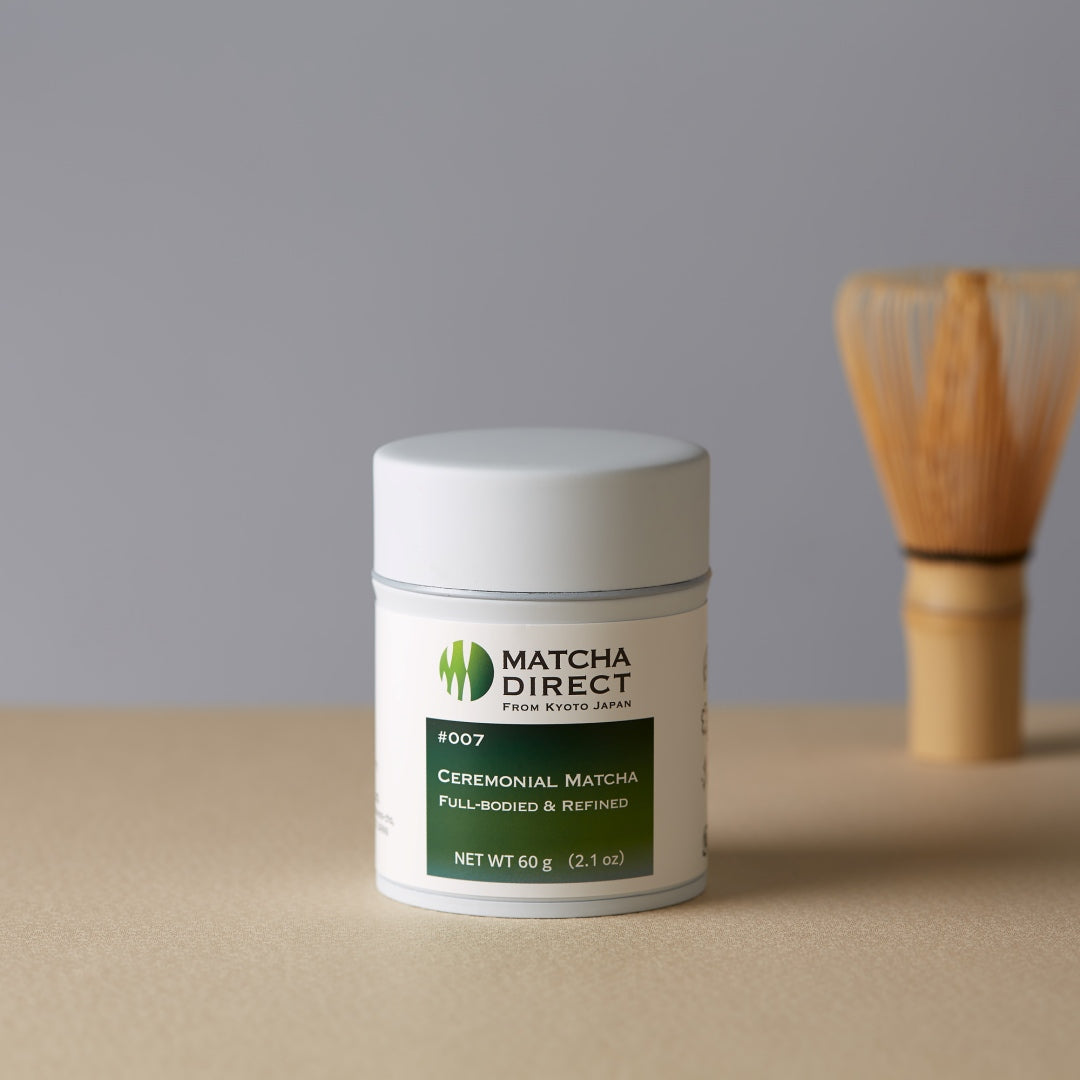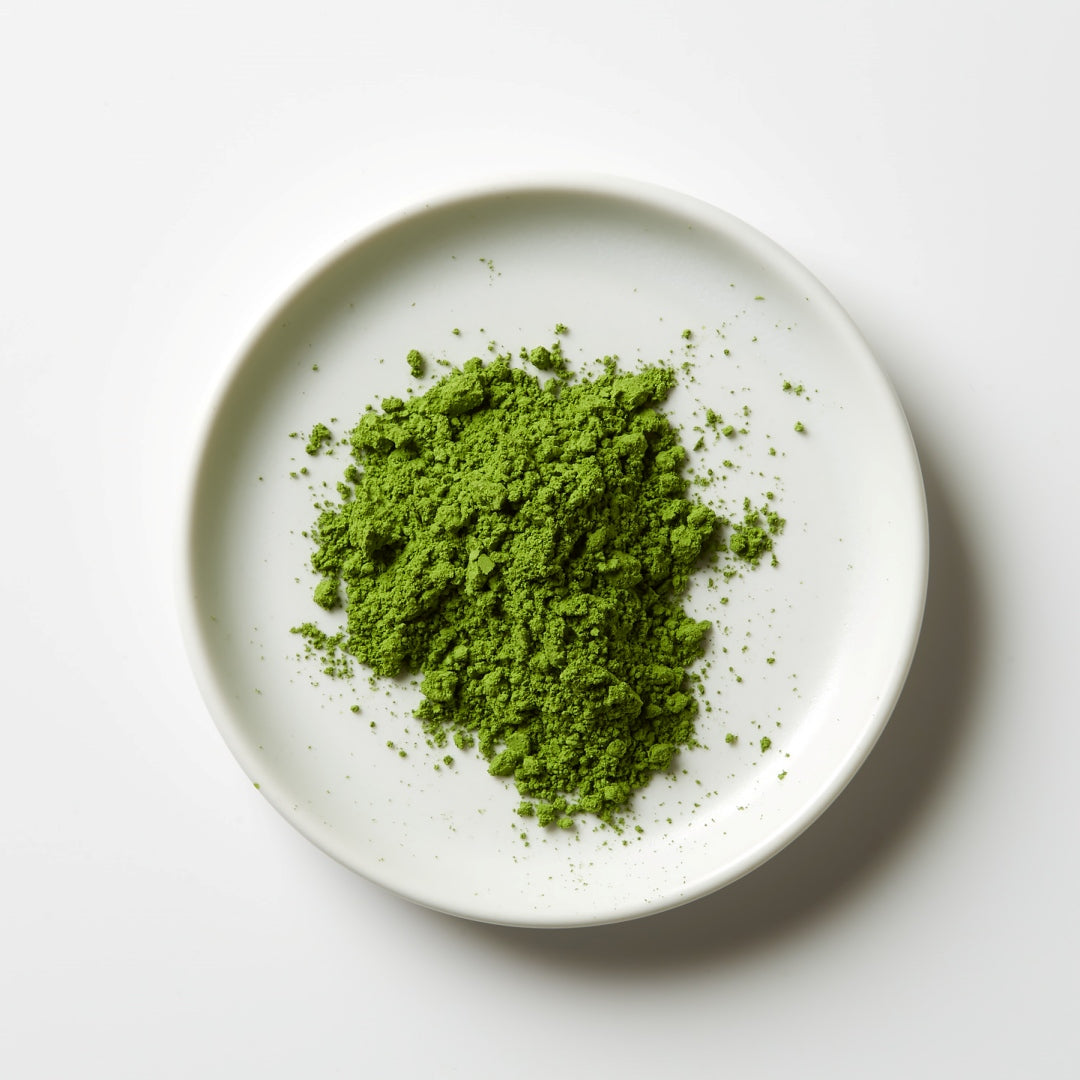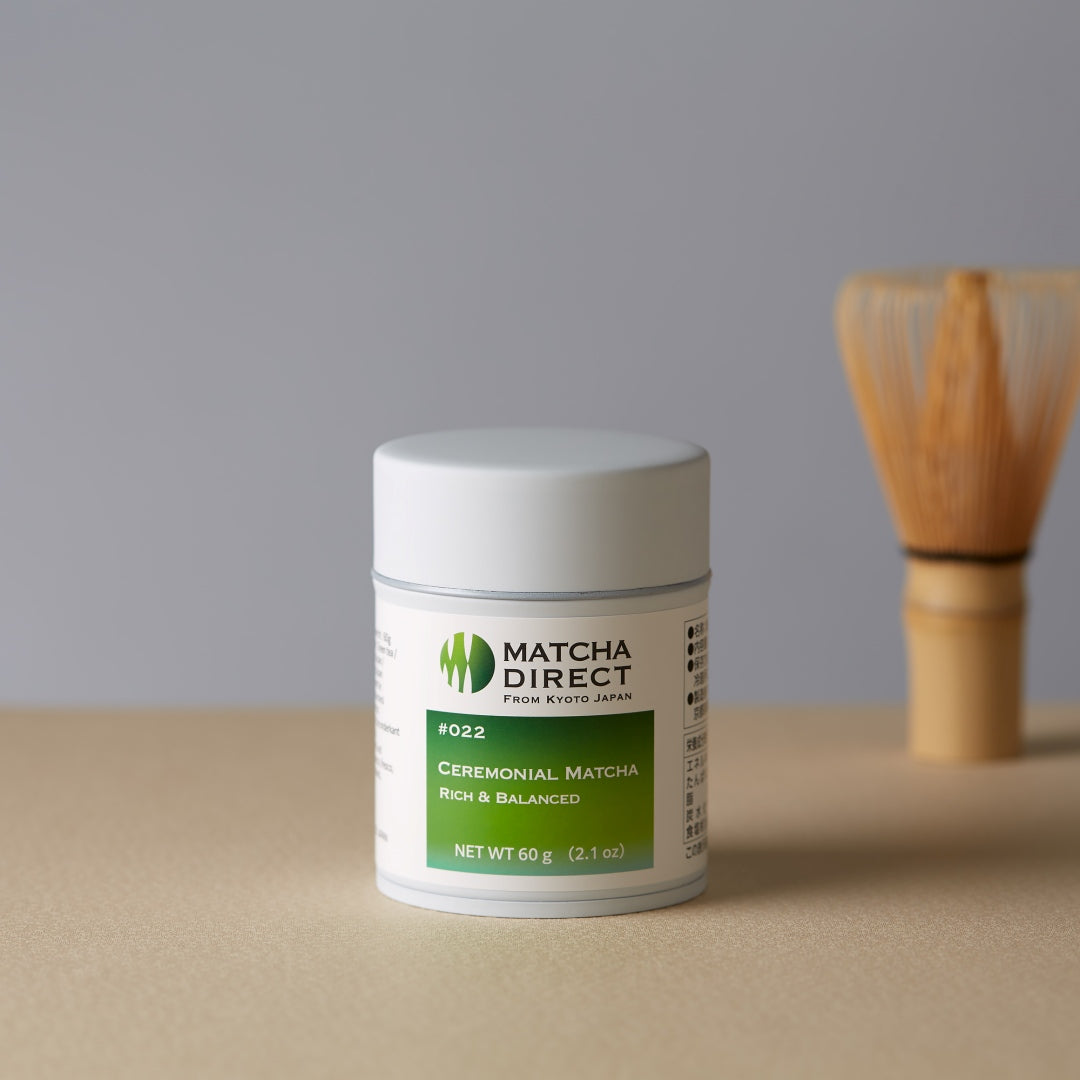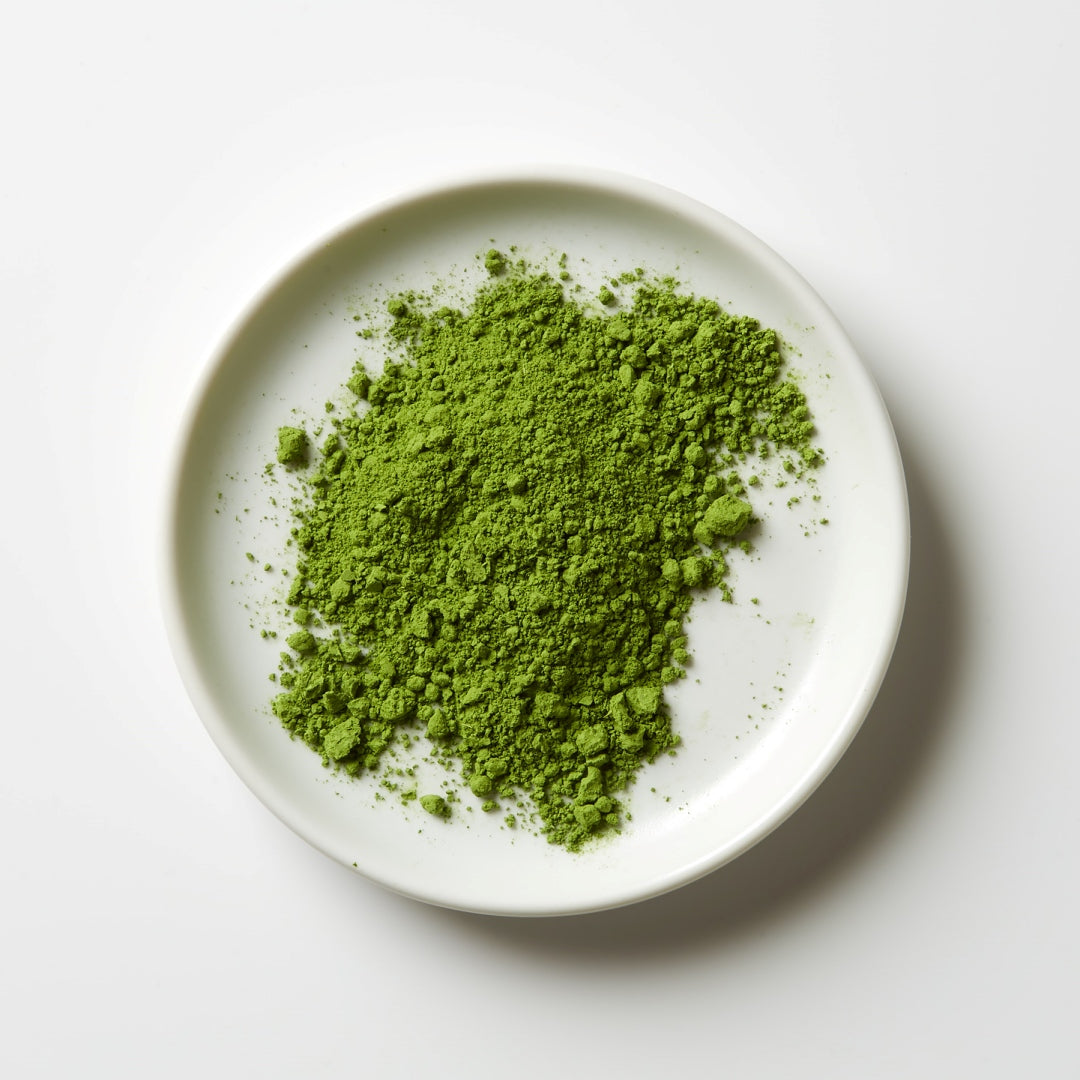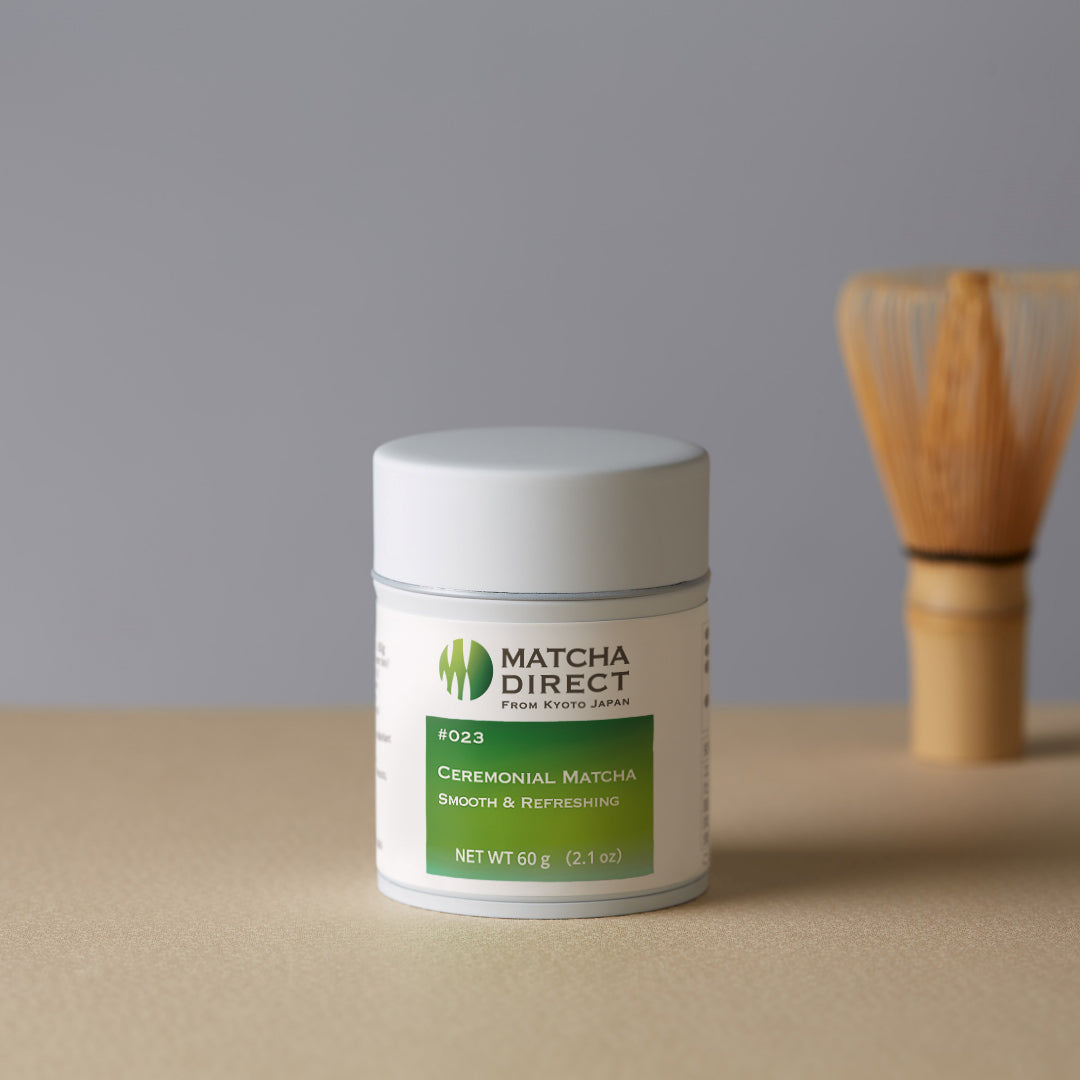Matcha and Pregnancy - Is It Safe to Drink?

This blog article is intended to provide information about consuming matcha during pregnancy.
For information about consuming matcha during pregnancy, always consult with your primary care physician or obstetrician and seek expert advice.
Matcha is a traditional Japanese tea that has gained popularity worldwide in recent years. Its unique flavor and vibrant green color have captivated many people.
This includes pregnant women, as many may wish to drink matcha, which is considered beneficial for health, for the sake of their unborn child.
However, while matcha is rich in nutrients, it also contains caffeine. Since it is necessary to limit caffeine intake during pregnancy, some people may feel uneasy about drinking matcha.
It is possible to enjoy matcha in moderation during pregnancy, but there are some points to be aware of.
This article explains the consumption of matcha during pregnancy and describes appropriate methods so that pregnant women can safely enjoy matcha.
Basic Information About Matcha
Matcha is a traditional ground green tea that represents Japan, and its production process is extremely labor-intensive.
Since the leaves are steamed, dried, and carefully ground with a stone mill, the production method is special and takes more time compared to regular sencha.
In addition to this laborious production method, high-quality tea leaves such as first flush and second flush are often used, making matcha widely known as a premium tea.
Furthermore, matcha is characterized by its rich nutrients, including vitamins, minerals, dietary fiber, and catechins. However, since matcha also contains a lot of caffeine, pregnant women need to be mindful of their intake.
Caffeine Content in Matcha and Caffeine Intake During Pregnancy
Caffeine, which is considered one of the causes of matcha's bitterness, is said to be present in approximately 64mg per cup of matcha. Excessive caffeine intake can pose health risks.
Therefore, the U.S. Food and Drug Administration (FDA) recommends limiting daily caffeine intake to within 400mg due to health concerns.
For pregnant women, it is necessary to further reduce the intake, and it is recommended to keep daily caffeine intake during pregnancy to 200mg or less, which is half the amount for healthy adults.
Reference: American College of Obstetricians and Gynecologists (ACOG)
Moderate Caffeine Consumption During Pregnancy
So why is it particularly important for pregnant women to be cautious about caffeine intake?
Caffeine is thought to pass through the mother's body and affect the unborn child. In other words, if a pregnant woman consumes too much caffeine, it may also affect the unborn child.
Let's also introduce some interesting research results from the World Health Organization (WHO).
WHO conducted research on caffeine intake during pregnancy and announced that pregnant women who consume more than 300mg of caffeine per day may have a higher risk of having a baby with low birth weight, as well as an increased risk of miscarriage or stillbirth.
Based on these research results, WHO advises pregnant women to be cautious about their caffeine intake.
Reference:
WHO recommendations on antenatal care for a positive pregnancy experience
Although these data are not yet conclusive, it should be clear that pregnant women need to pay close attention to their caffeine intake.
Of course, this does not mean that you should completely avoid matcha and caffeine. The key is to control the amount of intake.
During pregnancy, it is important to limit caffeine intake to protect the health of the unborn child. If you follow the appropriate intake guidelines, matcha can be a healthy addition to your diet while pregnant.

Guidelines for Safely Enjoying Matcha
It is clear that controlling caffeine intake, including matcha, is very important for pregnant women and their unborn babies.
At the same time, some of you may feel a little anxious about drinking matcha during pregnancy.
Here, we will summarize and introduce guidelines for managing matcha and caffeine intake during pregnancy.
1. Limit the Intake of Caffeine-containing Beverages and Foods
During pregnancy, try to limit your caffeine intake as much as possible.
This includes not only beverages like matcha and coffee but also other foods containing caffeine, making sure the total daily caffeine intake does not exceed 200mg.
2. Choose Products with Low Caffeine Content
If you still want to enjoy the aroma and taste of matcha during pregnancy, check the product labels carefully and choose products with lower caffeine content.
For matcha, you can select decaffeinated products to enjoy the aroma and taste while minimizing any potential adverse effects on the unborn child.
3. Consult with Your Doctor

Most importantly, before starting to consume matcha or caffeine, be sure to consult with your primary care physician or obstetrician and seek advice based on your health condition.
Especially if you have any pre-existing conditions, it is crucial to follow your doctor's instructions. Based on your doctor's advice, determine the appropriate amount of matcha for you.
Incidentally, matcha contains more than just caffeine.
It also includes components like catechins with antioxidant properties and theanine, which is said to have relaxing effects, making matcha a suitable beverage during pregnancy.
Maintaining healthy lifestyle habits during pregnancy contributes to the health of both the mother and the unborn child. Therefore, balancing diet, exercise, and rest is important, and proper management of food intake, including matcha, is essential.
Refer to the above guidelines to enjoy matcha safely and lead a healthy pregnancy life.
Try Decaf Matcha from MATCHA DIRECT
Since the caffeine content in matcha varies by product, pregnant women are recommended to choose matcha with as little caffeine as possible.
MATCHA DIRECT offers Decaf Matcha, recommended for pregnant women who want to enjoy matcha but are concerned about caffeine.
Using technology also used for decaffeinating coffee, the caffeine content in matcha is reduced from over 3% to less than 0.4%, while retaining the flavor and nutritional components of matcha.
Additionally, each order is carefully hand-ground after receiving your order, delivering fresh matcha that pregnant women can safely enjoy.
https://matchadirect.kyoto/products/051-decaf-matcha-60g
Conclusion
There is no doubt that pregnancy is a great joy for everyone. However, there are also many things to be careful about.
Matcha, with its rich flavor and health benefits, can offer a moment of tranquility, but since it contains caffeine, certain precautions need to be taken during pregnancy.
When enjoying matcha during pregnancy, prioritize your own health and the health of your unborn child, seek advice from doctors and experts, and enjoy it in moderation.



